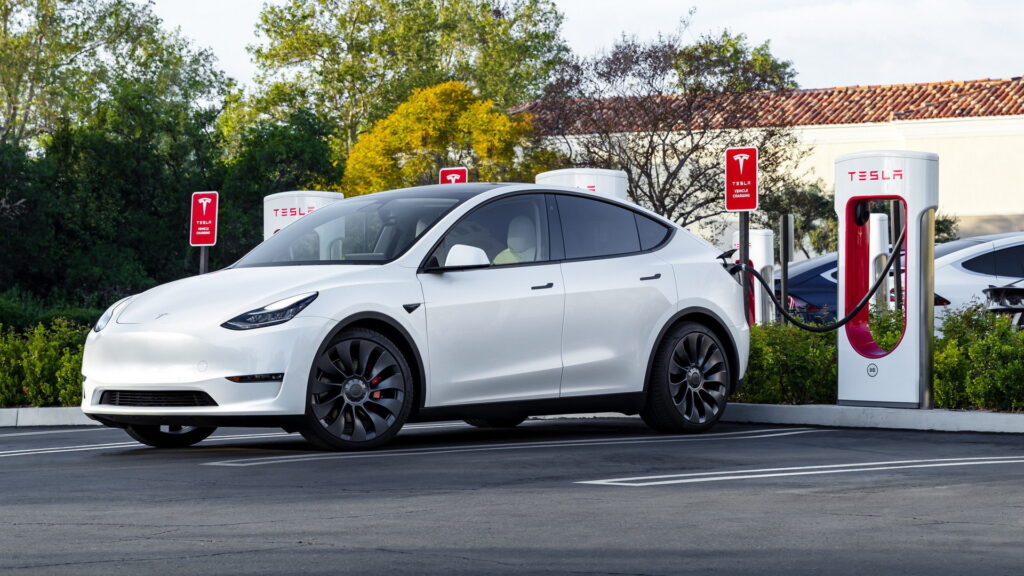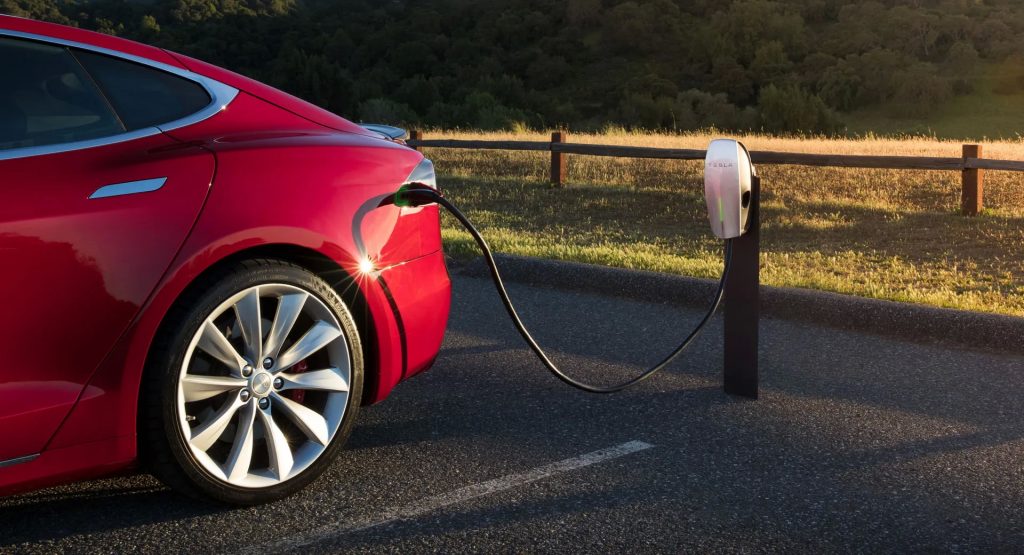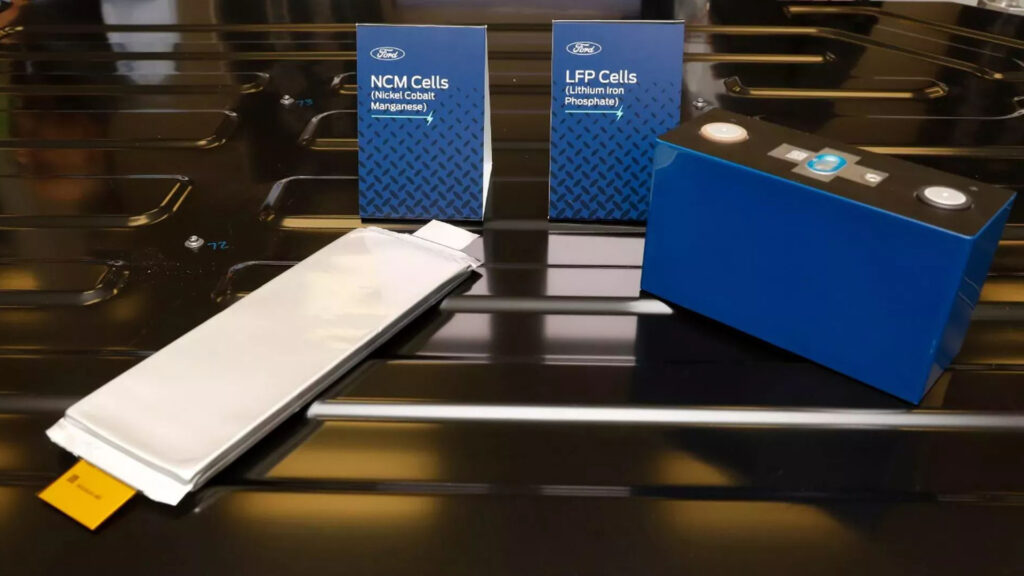CATL’s new M3P battery pack could theoretically add 700 km of range in just 15 minutes
5 hours ago
 –>
–> 
–>
The world’s largest battery manufacturer, CATL, has revealed it is working on faster charging batteries for Tesla. These new batteries should help the EV maker better compete with new and innovative battery technology out of China which offers quicker charging than ever before.
The chairman of CATL, Robin Zeng, confirmed work on the new batteries in a recent interview with Bloomberg News in Hong Kong. While he failed to provide many details about these new batteries, he said they will have new electrochemical structures that support quicker charging. It’s not just these new batteries that will deepen ties between CATL and Tesla.
Zeng added that the battery maker already supplies machinery to Tesla’s Gigafactory in Nevada. It also recently emerged that Tesla will expand battery production at the site and open a small additional factory using CATL equipment that currently sits idle.

CNEVPost suggests that the new batteries referred to by Zeng are CATL’s new M3P battery. This battery has been in the works for the last two years and will have a higher energy density than regular lithium iron phosphate batteries. They will also cost less than ternary batteries. CATL’s chief scientist has previously said they will provide EVs with more than 700 km (435 miles) of range and theoretically have the ability to charge fully in just 15 minutes.
Read: Tesla Cybertruck Could Soon Charge Wirelessly, Hidden Hardware Suggests
One of the most innovative new batteries out of China is the Qilin Battery from Li Auto and co-developed with CATL. The company claims that the battery can be charged so quickly, it can add 500 km (311 miles) to a vehicle’s range in just 12 minutes.
During his interview, Zeng also revealed the company will soon train engineers from Ford at its plants in Ningde, Fujian, and Germany. It is also in discussions with 10 to 20 other U.S. and European automakers for similar arrangements.

 –>
–> 

